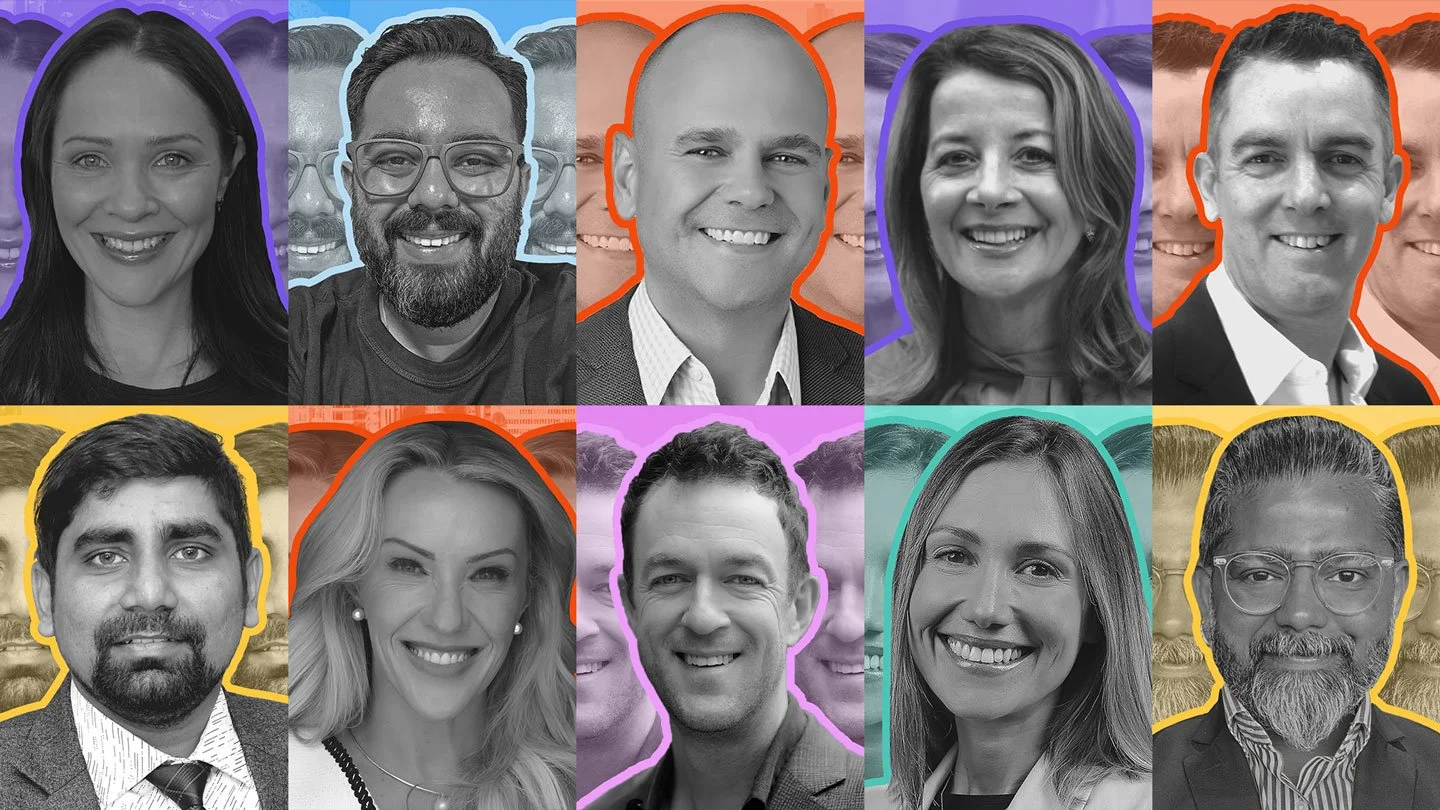Leaders Rank Human Skills as No.1 in the Age of AI
Business leaders have spoken: Artificial intelligence (AI) makes human skills more important in the workplace.
As workplaces worldwide embrace new AI technologies, employees and leaders are asking: what does this mean for humans?
Some are beginning to recognise how AI can make work easier and save time, but many are still concerned that AI will make their skills obsolete, dampen creativity, and even impact their health and well-being.
While we cannot slow down the impact of AI in the workplace, we can adapt and better position our leaders and employees for this future workplace.
That's where human skills come in.
Business leaders have spoken: Soft skills are crucial.
A recent study led by business school professor Peter Cardon asked almost 700 business leaders across various industries and job roles what skills employees need with AI in the workplace.
Their answer?
Soft skills.
The survey showed that employers will value "soft skills" (aka human skills) more in an AI world.
They believe that AI will work best when it enhances people's talents and helps build human connectedness.
Research by Harvard Business Review agrees. Interviews with company leaders and CEOs highlighted the importance of specific human capabilities to successfully use AI, particularly effective interpersonal skills — the ability to effectively communicate, meaningfully engage with others, and garner team cooperation.
We need to strengthen our integrity.
When Professor Cardon asked business leaders which skills will become more important in the AI age, the number one answer was integrity.
Almost 8 in 10 (78%) of frequent AI users anticipate that integrity will grow in importance.
In the workplace, integrity drives people to do the right thing through their actions, words and beliefs. When you have integrity, you do the right thing, even when nobody's watching. You demonstrate respect for ethics and moral principles.
So, why is integrity important in the age of AI?
When working with AI, humans must navigate the relationships between machines, colleagues, clients, and customers. For example, you may need to help your organisation grapple with bias in AI algorithms and privacy issues. This requires high integrity to ensure you do the right thing, the right way.
While there are now specific "AI ethicist" job roles to advise, educate, and ensure safe practices around AI (we’re pleased to have Eugene Fedorchenko leading the charge for Maxme and our clients in this space, for instance), we all need to become AI ethicists to some degree.
Time to deepen communication skills
In an AI workplace, the ability to navigate human interactions and foster a sense of trust and authenticity is becoming more valuable than ever.
Even if it becomes common to use AI to send a quick email to your team, you need the ability to hold meaningful conversations, facilitate problem-solving discussions in meetings, and deliver interactive presentations.
It's little surprise then that, in Cardon's study, 72% of business leaders reported that oral communication will become more critical in the age of AI.
The HBR research agrees, revealing that leaders see interpersonal skills, such as basic conflict resolution, communication, the ability to disconnect from emotions, and even mindfulness practices, as critical.
LinkedIn's Workplace Learning Report also highlighted the importance of soft skills like communication as AI transforms the employment landscape.
In fact, communication topped LinkedIn's list of the most in-demand soft skills in all countries in the Asia Pacific region.
Invest in human skills to thrive in the age of AI.
Human skills are the must-have skills in the age of AI – and there’s no time to waste. By spotlighting uniquely human skills and prioritising their development, business leaders can craft workforces ready to thrive in a tech-fuelled future of work.
Developing your human skills is something you can start today. Download the Hodie app to future-proof your career, or explore our broader menu of Maxme Products & Programs for organisations and individuals.
To start developing your human skills today, simply download the Hodie app, or explore Maxme’s menu of human skills programs for organisations or schools.
Prefer to talk through your options? Contact us at any time.







